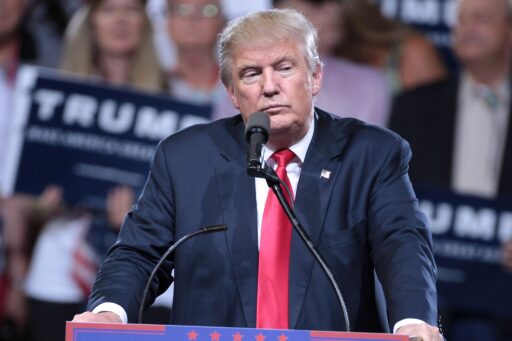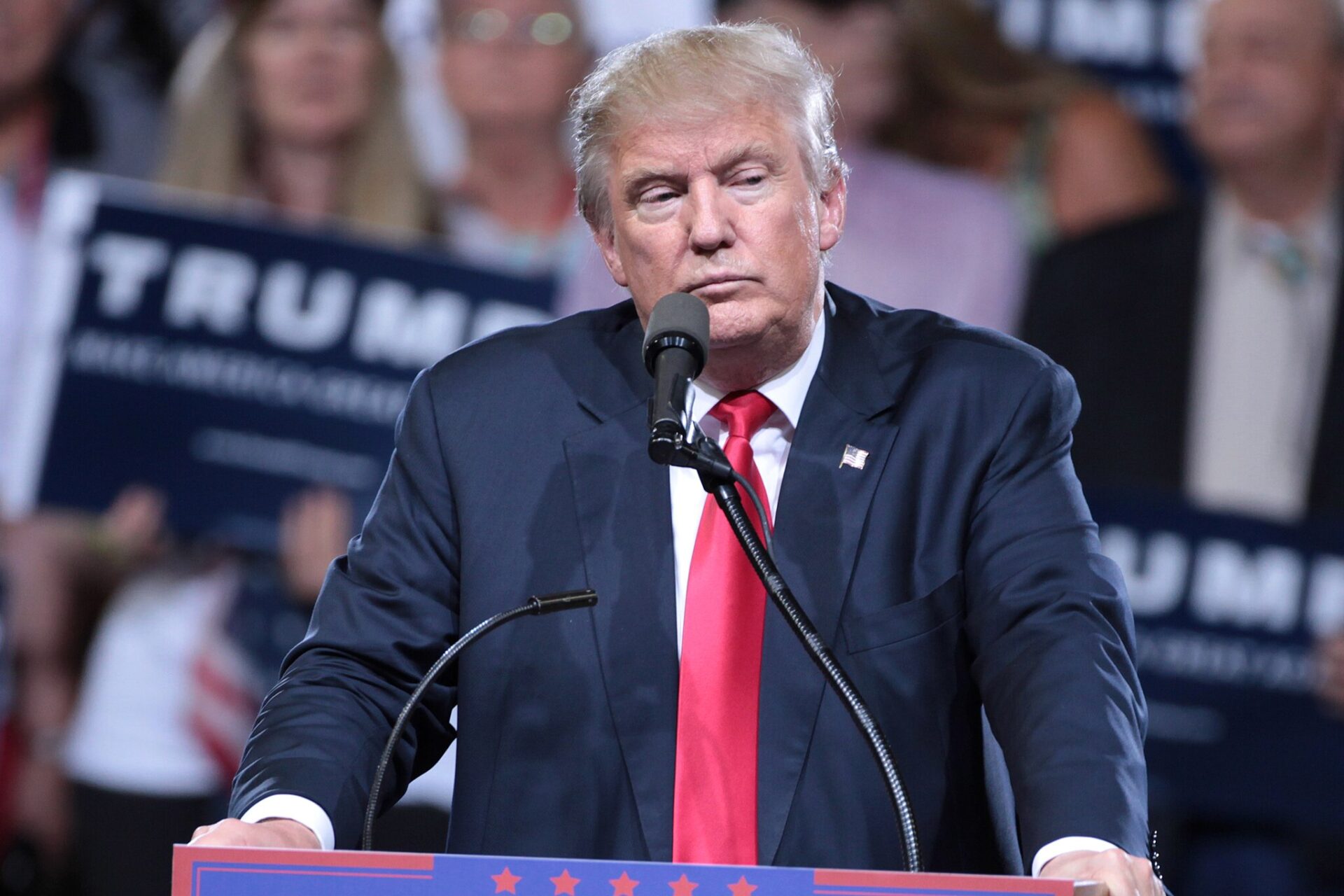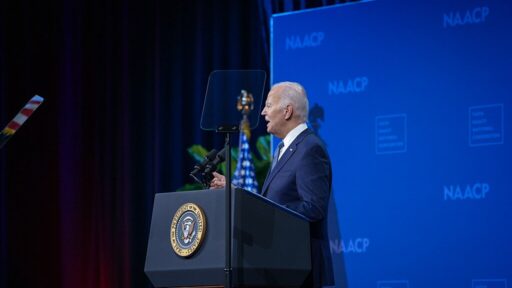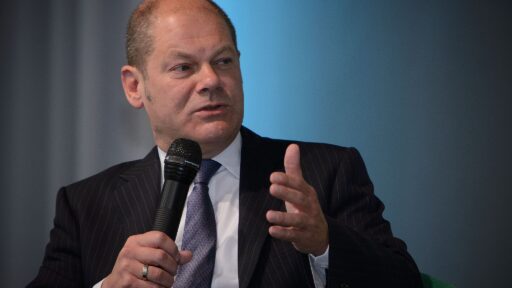As the fourth anniversary of the January 6 Capitol riot approaches, a new focus has emerged: the possibility that President-elect Donald Trump may soon issue pardons for many of the over 1,500 individuals charged in connection with the unrest. Trump, in a recent interview on NBC’s Meet the Press, reiterated his plan to grant pardons to the rioters, claiming that “most likely, I’ll do it very quickly” after taking office on January 20. He defended his stance by emphasizing the prolonged suffering of those involved, though he noted there may be exceptions for particularly radical or violent individuals.
This promise has been a key point in Trump’s rhetoric throughout his campaign, and it’s now gaining renewed attention as lawmakers prepare to certify the results of the 2024 presidential election. It also serves as a reminder of the intense political and social divide that persists in the wake of the events of January 6, 2021, when a mob of Trump supporters stormed the Capitol to halt the certification of Joe Biden’s victory.
Rep. Marjorie Taylor Greene (R-Ga.), a vocal ally of Trump, has expressed strong support for a full pardon for all participants in the riot, though most Republicans are more cautious. Many believe that Trump should consider pardons on a case-by-case basis, weighing the specific actions of each individual. While over 1,250 people have pleaded guilty or been convicted of crimes related to the riot, the severity of the charges and sentences varies widely, with some receiving prison terms of up to 22 years.
Notably, many of those who stormed the Capitol were spurred by Trump’s claims of widespread election fraud, with some rioters even calling out the names of prominent Democrats, including House Speaker Nancy Pelosi and Vice President Mike Pence, who resisted attempts to overturn the results. Lawmakers were forced to evacuate the chambers, but they returned that evening to finish the certification process.
The possibility of pardons has sparked heated debate, especially among law enforcement. Capitol Police officers, who faced violent attacks from the rioters—many of whom were armed with the officers’ own weapons—are particularly vocal against any pardons. Approximately 140 officers were injured, making January 6 the deadliest day for law enforcement in U.S. history. Some officers, such as Capitol Police Sgt. Aquilino Gonell, have made it clear that they cannot support pardoning individuals who attacked police officers and ransacked the Capitol.
However, not all Republicans agree on the matter. Rep. Jim Jordan (R-Ohio), a staunch Trump ally, has indicated that he supports pardons for individuals who did not commit violence. He stressed the importance of looking at each case individually, suggesting that nonviolent trespassers should be treated differently than those who engaged in violent acts.
Rep. Gus Bilirakis (R-Fla.) also believes in examining each case carefully but expressed concern about pardoning individuals who attacked law enforcement officers. Similarly, Rep. Dusty Johnson (R-S.D.) emphasized that not all crimes committed on January 6 were the same, noting that people who merely trespassed are in a different category than those who vandalized the Capitol or assaulted police.
While many Republicans see pardons as a way to right perceived injustices, especially for those who believe they were swept up in a political narrative, the backlash from law enforcement and some fellow lawmakers is significant. House Democrats, who pushed for Trump’s impeachment over his role in the events of January 6, argue that issuing pardons could undermine the rule of law and send the wrong message about accountability.
Rep. Jamie Raskin (D-Md.), a key figure in the impeachment proceedings, warned that if Trump moves forward with pardons, each person should publicly demonstrate remorse and a commitment to not repeating their actions. The impact of such decisions will certainly be felt across the political spectrum, with Republicans likely to face internal divisions over the best path forward.
In the days ahead, the nation will watch closely as President Trump navigates this delicate issue. While the prospect of pardons may appeal to his base, especially those who view the Capitol riot as a protest against a rigged election, it remains to be seen whether the public, and his own party, will support such sweeping actions, especially in light of the violence and chaos that ensued.







